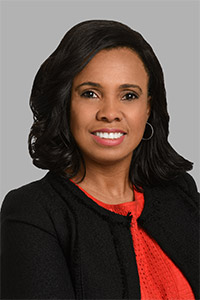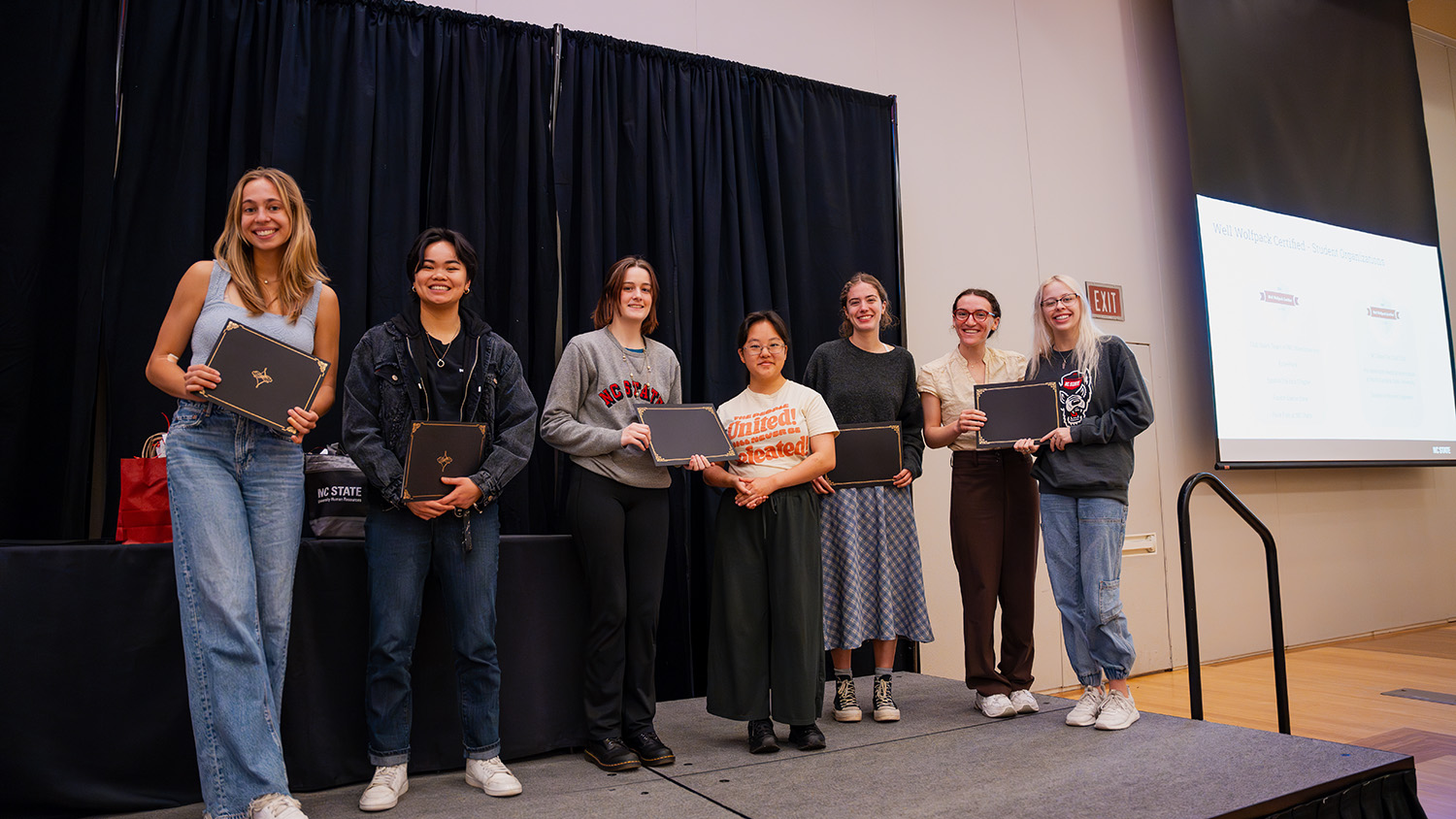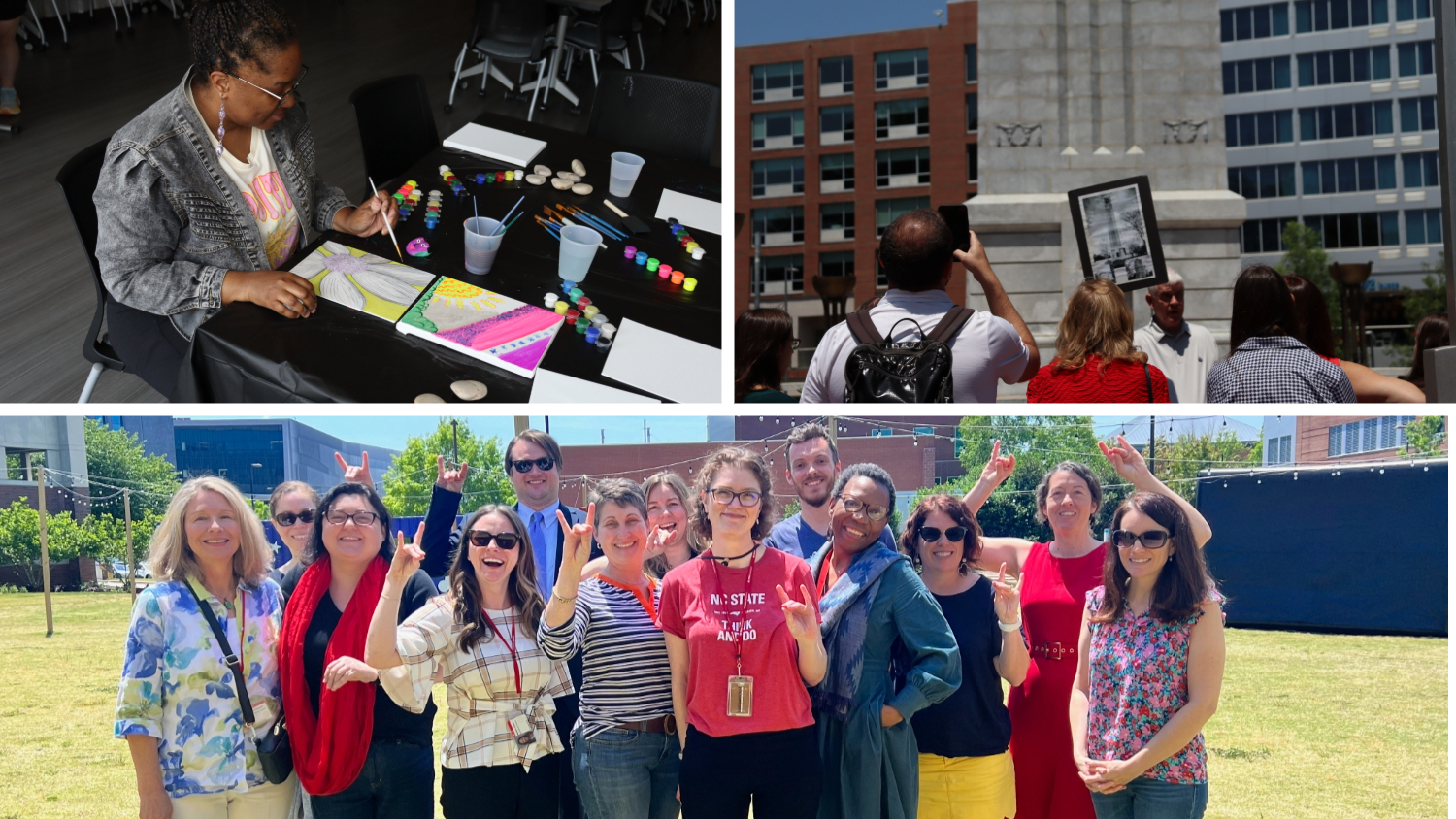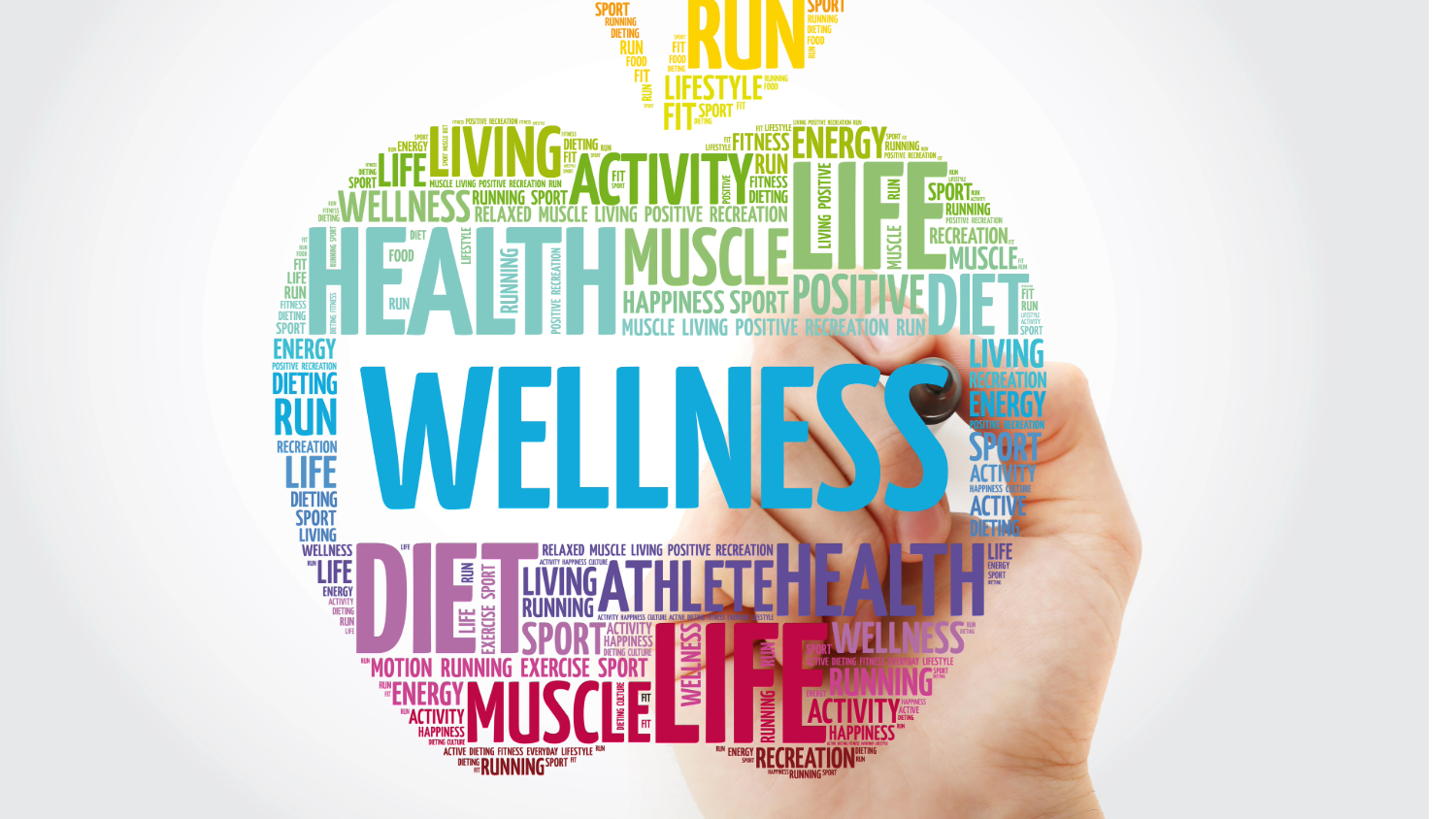AVC Corner: Coping With ‘Lifequakes’

Colleagues,
The COVID-19 pandemic has caused major disruptions in the lives of many people in this country, and the Wolfpack community is no exception. Difficult experiences such as layoffs, furloughs and the loss of loved ones often have long-lasting effects that can be difficult to address without some help.
According to author Bruce Feiler, massive changes that lead to life transitions are “lifequakes.” To learn more about lifequakes and how to handle them, Feiler spent five years traveling the country and collecting stories from more than 200 people who had experienced major changes in their lives, like getting sober, changing relationships, losing jobs and getting healthy. In his popular book, Life Is in the Transitions: Mastering Change at Any Age, Feiler relates what he learned from those stories and suggests ways to deal with the changes that disrupt our lives.
In an interview with the Today show, Feiler offered the following highlights of his research:
Once every 12-18 months or so, we all experience events that disrupt our lives. One in 10 of these events is significant enough to qualify as a lifequake.
- We experience three to five lifequakes during our lives, and the transition that follows those events lasts about five years.
- Most lifequakes — 53% — are involuntary, like the COVID-19 pandemic. Forty-seven percent are voluntary, like when someone leaves a job to start a business.
- Lifequakes include positive events, like getting married and having children.
In the U.S., we are starting to see signs that seem to indicate the pandemic is slowly coming to an end. That’s great news for everyone, but those whose lives have been disrupted because of the pandemic will still be dealing with the after effects for some time to come. Feiler says we get through difficult periods by going through a three-phase process:
- The long goodbye. This is when you confront your emotions and say goodbye to the person you are leaving behind.
- The messy middle. During this phase, you quit certain habits and create new ones.
- The new beginning. This is when you unveil your new self.
I am so proud of our university community for the compassion it has shown to others during this challenging time. For those of you who have had to weather any adversity during the pandemic, I encourage you to stay strong, and if you need to, lean on your university community for resources. That’s what the Wolfpack community does — help our fellow members of the Pack when they need it.
Best regards,
Marie Williams
- Categories:


